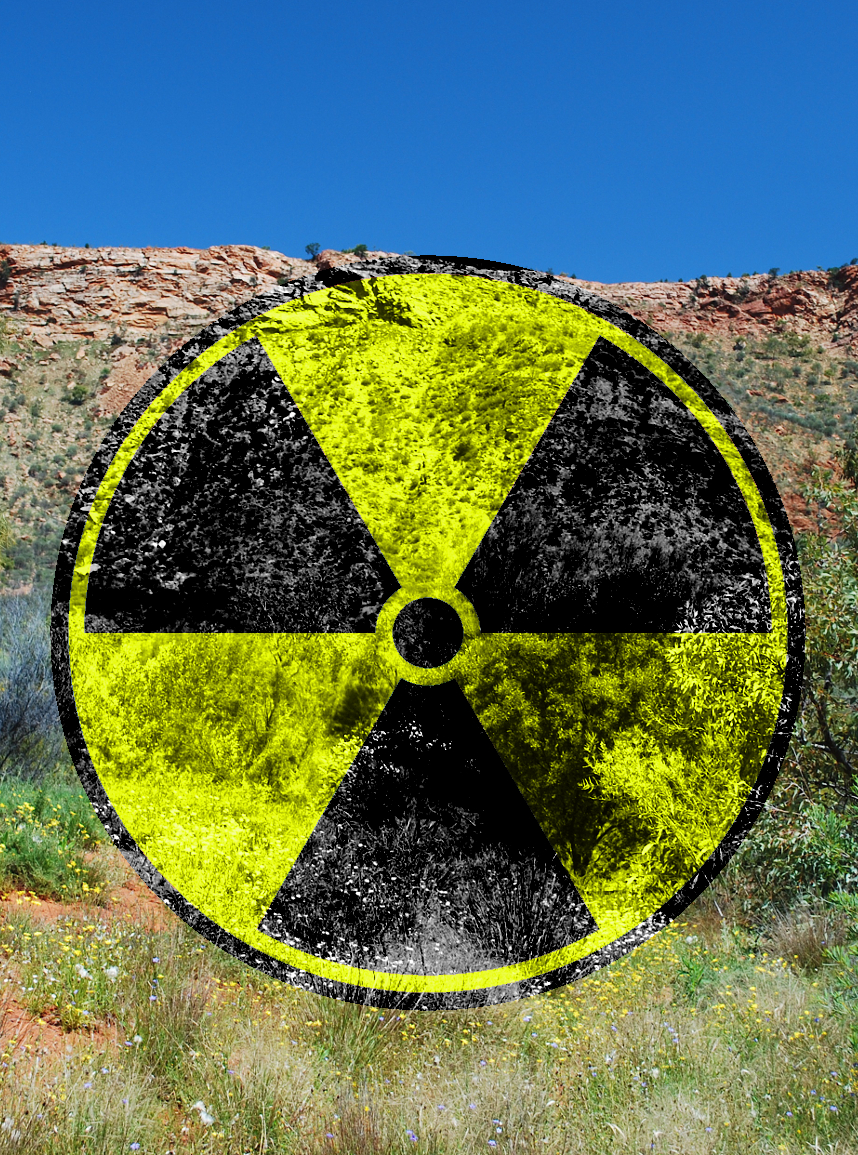No charge in pill probe
 WA authorities have wrapped up an investigation into the loss of a tiny yet dangerous radioactive capsule.
WA authorities have wrapped up an investigation into the loss of a tiny yet dangerous radioactive capsule.
The inquiry, led by the state’s Radiological Council, sought potential violations of the Radiation Safety Act but ultimately refrained from pursuing charges or imposing fines.
The incident earlier this year set off a frantic search spanning 1,400 kilometres of road between a Pilbara mine site and Perth.
The capsule, measuring just 6mm in diameter and 8mm in height, was finally located with the aid of specialised equipment after seven days.
Emergency Services Minister Stephen Dawson likened the discovery to finding a “needle in a haystack”.
The capsule is believed to have fallen from a truck transporting equipment from a Rio Tinto mine site. However, the investigation earlier this year absolved the company of any wrongdoing.
In the wake of this episode, Rio Tinto has provided a mobile worker camp to aid in the reconstruction of flood-damaged Fitzroy Crossing, covering the search costs.
The accommodation, as stated by Rio Tinto chief executive Simon Trott, amounted to approximately $4 million, surpassing the undisclosed search expenses.
The Chief Health Officer of WA and Chair of the Radiological Council, Dr Andrew Robertson, has confirmed the completion of a “comprehensive investigation”.
“The council has reviewed the matter of potential breaches of the Radiation Safety Act and regulations and no charges or fines have been raised in relation to the matter at this time,” Dr Andrew Robertson said in a statement to the media.
Health Minister Amber-Jade Sanderson has described the saga as “very expensive” and “essentially a series of unfortunate events”.
She acknowledged the surprising findings but emphasised the need to accept the experts' conclusions.
The incident shed light on the inadequacy of the maximum single penalty, set at $1,000, for mishandling radioactive materials.
Prime Minister Anthony Albanese criticised it as “ridiculously low”, and Minister Sanderson has pledged to review the fine.
The planned updates would substantially increase these penalties, but specific figures have not been disclosed.
The radioactive capsule's gauge, which was banned in WA following its loss, remains under review for technical improvements, impacting gauge design and assessment and the transport of radioactive sources in WA.
These revisions are part of the Radiological Council Fixed Gauge Compliance Testing Program.
Authorities say the lessons learned from this incident are being shared with other radiation safety bodies, including a committee of the International Atomic Energy Agency.







 Print
Print